The shipping forecast is never going to sound the same again after Southcliffe. Each time it came back over the four episodes of Tony Grisoni’s drama, set against a background of the limpid dawn sky of marshland Faversham, which stood in for the drama’s fictional market town, we knew that Stephen Morton (Sean Harris) was about to embark on his shooting spree. Terror came out of nowhere.
Or did it? That seemed the opening episode’s question, as we saw the outsider Stephen’s already fragile state of mind pushed over its limit by a ritual humiliation that seemed all too in-character for the place. It came at the hands of squaddie Chris Cooper (Joe Dempsie), just back from service in Afghanistan, of whom we would be hearing more, and his Uncle Alan, a fellow who'd be more at home in the old-days Appalachians than in rural Kent today.
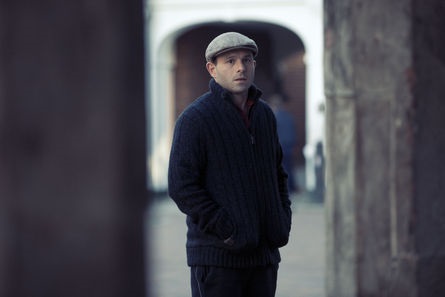 Though Southcliffe’s jigsaw story structure meant that that opening shock never went away – in fact, it lingered around with a dreadful inevitability – the emphasis moved on to how the town was coping with its grief. Particularly after television reporter David Whitehead (Rory Kinnear), who had more than his own share of past issues with the place from an unhappy childhood there, arrived to try to make any sense at all of what had happened.
Though Southcliffe’s jigsaw story structure meant that that opening shock never went away – in fact, it lingered around with a dreadful inevitability – the emphasis moved on to how the town was coping with its grief. Particularly after television reporter David Whitehead (Rory Kinnear), who had more than his own share of past issues with the place from an unhappy childhood there, arrived to try to make any sense at all of what had happened.
He didn’t, resoundingly. We saw him in episode three taking the live broadcast that was supposed to define his presence there far into solipsism, then badmouthing the place and all who lived in it. That put an end to both his career and his marriage. But a year on from the fateful day he was on his way back there in the closing episode, “All Souls”, a journey he made as much for his own sake, as for any resolution he might bring (though, unexpectedly and somewhat implausibly, he did bring some).
He wasn’t the only one we witnessed coming apart. Publican Paul Gould (Anatol Yusef, pictured above right), who until then had been a deeply unsympathetic character, lost his wife and children. He hadn’t lost his self-centredness in despair though, taking others into danger, until he chose another way out. The closest he got to real grief was when he was singing along to songs of sadness as he drove around in his SUV. That element of character rang true.
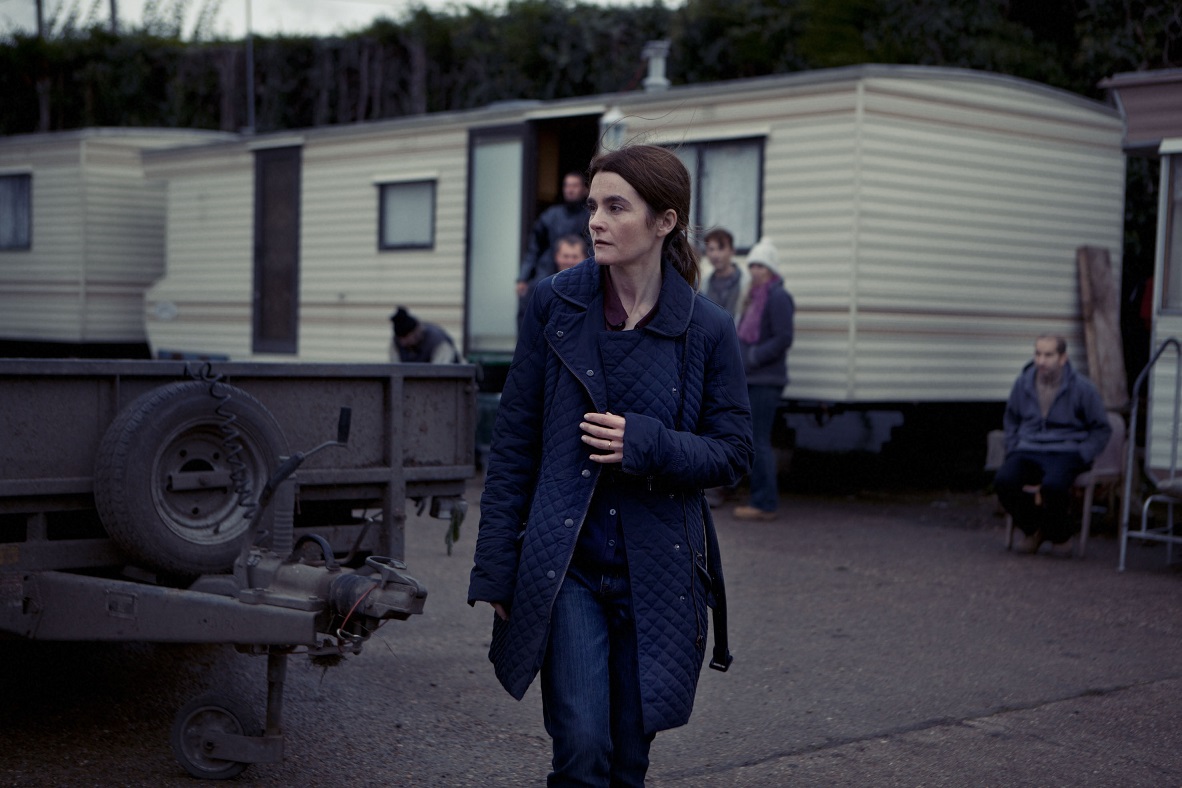 Claire Salter (the outstanding Shirley Henderson, pictured left) and her mild-mannered husband (Eddie Marsan) lost their soon-to-leave-home daughter; the agony of suspense as we watched Claire, cowering behind a chair and frantically ringing her daughter’s mobile, came straight from the box labelled parents’ worst nightmares. On top of that, Claire had been helping to look after Stephen’s bed-bound mother, who was suffering from dementia and was otherwise in Stephen’s care. She could see, professionally, that he was being stretched by such home circumstances, but she wasn’t there when he made the call for help. Even so, catapulting Claire right into Breaking the Waves territory seemed a step too far.
Claire Salter (the outstanding Shirley Henderson, pictured left) and her mild-mannered husband (Eddie Marsan) lost their soon-to-leave-home daughter; the agony of suspense as we watched Claire, cowering behind a chair and frantically ringing her daughter’s mobile, came straight from the box labelled parents’ worst nightmares. On top of that, Claire had been helping to look after Stephen’s bed-bound mother, who was suffering from dementia and was otherwise in Stephen’s care. She could see, professionally, that he was being stretched by such home circumstances, but she wasn’t there when he made the call for help. Even so, catapulting Claire right into Breaking the Waves territory seemed a step too far.
Grisoni has spoken about how he put his story together based on in-depth interviews with people who had come through extremes of loss; extreme grief obviously makes for extremes of drama. It may be an unfair question to ask, but were we to assume that the stories behind the other dozen or so of Morton’s reported victims came into the less sensational category of duller heartbreak?
Southcliffe itself was as far from that clichéd “close-knit community” as anywhere comes. The only time we saw a church was for Paul’s wife’s funeral, and he gave that an off-kilter tone by insisting it be conducted along wedding service lines. Instead of the Church, the institution in the wider sense, taking on its community role as it often has under such circumstances, the only gathering place we saw was Paul’s pub, where the atmosphere of bigotry was so thick you could have cut it with a knife.
The town seemed a place where man handed on misery to man: it didn’t just deepen like a coastal shelf as in Larkin’s poem, though, but was pushed around as if it was pass-the-parcel. Southcliffe’s only redeeming story element came in its closing scenes, when that doomed hand-over appeared to have been averted. Scant consolation, strong drama.

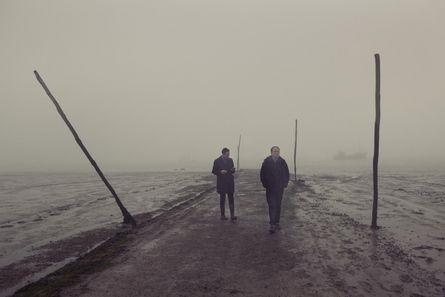

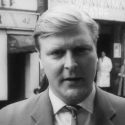
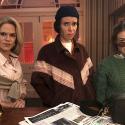










Add comment